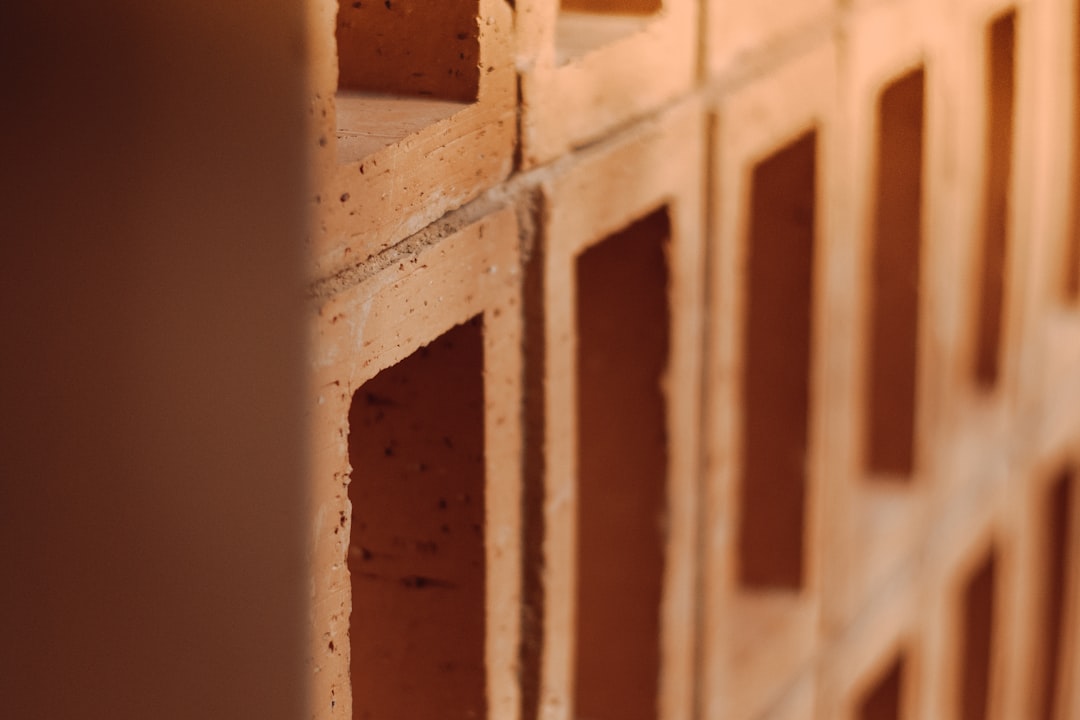
Cork flooring is gaining popularity in residential construction due to its warmth, sound dampening, and eco-friendly nature. For construction professionals, understanding the cost components is crucial. Current Midwest pricing shows material costs ranging from $3–$8 per sq ft, with labor costs for floating installations at $2–$7 per sq ft and glue-down at $3–$8 per sq ft. Total project costs average $5–$15 per sq ft installed.
Entry-level floating planks (10.5 mm) are less expensive than premium glued-down tiles (12-13 mm) with high-density cores. Specialty finishes can add 10% to 25% to material costs.
Floating click-lock panels reduce labor costs to 30%-40% of the total, while glue-down systems increase labor to 45%-55% due to adhesive and curing requirements.
Concrete slab moisture mitigation or self-leveling compounds can add $1–$3 per sq ft. Plywood overbuild or squeak repair averages $1–$3 per sq ft.
Color-matched baseboards and transition strips can increase costs by 5%-8% due to additional labor.
Cork is a renewable resource with a low embodied carbon footprint. It offers an R-value of 3.0 per inch, absorbs impact noise, and is naturally antimicrobial, making it ideal for various applications.
While cork may have higher upfront costs compared to vinyl or tile, its refinishing options and long warranties often make it more cost-effective over time.
Utilize tools like CountBricks to streamline the estimating process. Input dimensions and preferences to receive real-time cost breakdowns and generate professional quotes quickly.
Order extra material for floating floors, stagger seams to reduce waste, and schedule installations after HVAC startup to avoid callbacks.
Providing detailed, itemized estimates helps build client trust and can lead to more referrals. Ensure all costs are visible, from materials to labor and permits.

A contractor in Columbus used CountBricks to estimate and complete a cork flooring project in a 420 sq ft kitchen-dining area. The process from estimate to invoice was completed on-site, with the project totaling $4,268 before tax.
The contractor used the app to input room dimensions and preferences, receiving a real-time cost breakdown.
Subfloor skim coat: $1–$3 per sq ft, Floating install labor: $3–$8 per sq ft, Trim and transitions: $320 lump sum.
The quote was approved on-site, and the installation was completed with no change orders, resulting in a satisfied client.
Test concrete slabs for moisture and factor in acclimation time. Offer maintenance kits to add value and protect your reputation.